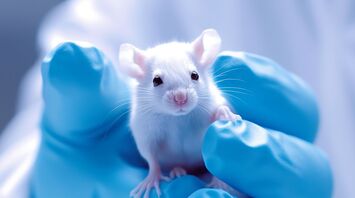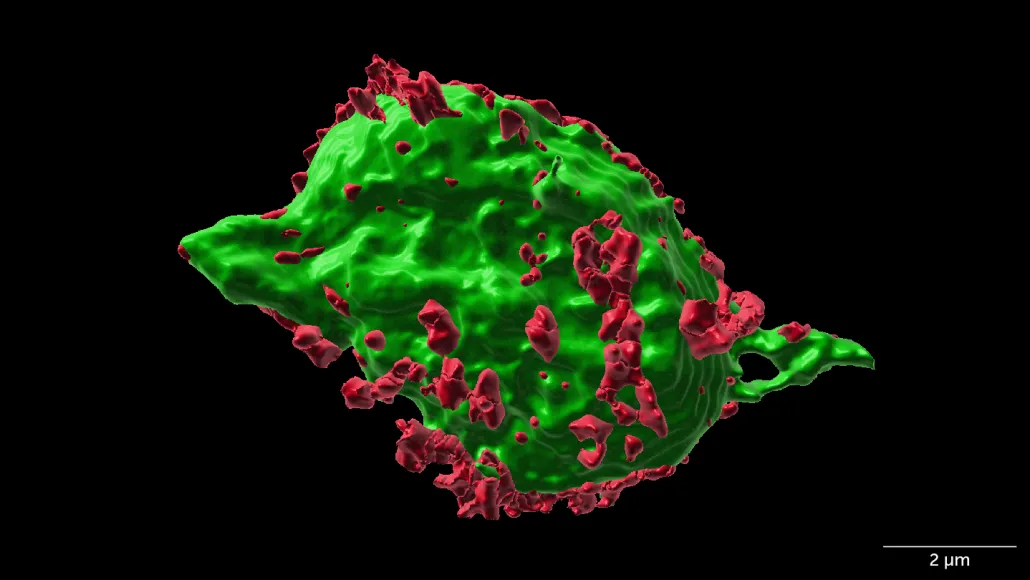Study Suggests New Treatment for Spinal Cord Injuries

Recent research in mice reveals a potential new approach for treating spinal cord injuries. The study indicates that a drug targeting swelling can accelerate recovery and prevent cell death.
Following a severe spinal cord injury, nerve cells in mice experience significant swelling. Some of these neurons remain enlarged longer than anticipated and start to perish. The study, published on September 25 in Science Translational Medicine, highlights that a specific drug reducing this swelling improved the recovery of the mice. However, it remains uncertain whether this method would be effective for humans.
Previously, the mechanics behind neuron swelling in spinal cord injuries were not well understood. Bo Chen, a neuroscientist from the University of Texas Medical Branch at Galveston, emphasized the uncertainty regarding the duration of cell swelling and its link to cell death. "We were guessing," he noted.

Chen and his team developed a method to observe these neurons after a spinal cord injury. Their technique integrated genetic engineering, transparent spinal tissue, and machine learning to analyze cellular shapes. This innovative approach introduced views of over 30,000 neurons across a 3-millimeter section of each mouse’s spinal cord.
The researchers found that inhibitory neurons, which reduce other cells’ activity, swelled rapidly, reaching maximum size by day two and returning to normal by day 14. In contrast, excitatory neurons, responsible for enhancing activity, showcased a prolonged swelling, with some remaining enlarged for as long as 35 days, resulting in a higher rate of cell death among these neurons.
A drug known as bumetanide, commonly used to treat edema in people, effectively reduced cellular swelling and minimized cell death in mice. The findings indicated that mice receiving bumetanide after their injury showed improved leg movement compared to mice not given the drug.
The study underscores neuron swelling as a crucial factor in spinal cord injuries. However, additional research is essential to further explore this phenomenon in humans and ascertain if bumetanide can be beneficial, Chen concluded.
Earlier, SSP reported that scientists discover a fascinating third state of life beyond death.



















